Welcome back, pop fans! While the American music industry is waking up from holiday hibernation, the rest of the music industry is doing no such thing. This month, we’re going to take a look at the state of K-Pop — the good, bad, and the prolific — and its increasing enmeshment with the US pop world.
We’re Living In K-Pop’s World
A decade ago, the Korean pop industry was enormous but largely self-contained, even as it started producing global smashes. These days, the boundaries between Korean and American pop are far more permeable. Sometimes things are engineered that way. Katseye, a girl group put together by US-based Geffen Records and South Korea-based Hybe — more on them later — is an explicit attempt to replicate the K-Pop model for the Western market. “Touch,” a sweet NewJeans/3LW pastiche — more on them later too — has crept into US pop radio rotation, and deservedly so.
Another thing about “Touch”: It was co-written by Cashmere Cat, a pop songwriting lifer. This is increasingly common. According to Billboard, about 80% of K-Pop songs now involve Western hitmakers in some capacity. The trend isn’t limited to deliberate crossover attempts like “Touch,” but to the industry as a whole. These are generally existing demos from songwriting camps and sessions, with the lyrics rewritten and/or localized to the Korean market — and often the better ones from those sessions. After all, landing a hit for a K-Pop megastar is far more prestigious (and lucrative) than only making it to an American B-lister’s album as a deep cut.
The dynamics here are a bit fraught. While K-Pop musicians might be sought-after, this doesn’t necessarily extend to industry personnel, and Western imports are crowding out local songwriters: “There’s not a lot of Korean writers that actually work on the big hit songs — that goes to the Western industry,” one Seoul-based songwriter told the publication. And the cultural exchange doesn’t flow in the opposite direction nearly as much; there also aren’t a lot of Korean writers that work on big US hit songs, despite their track records.
That’s not to say those writers aren’t hugely influential. You probably don’t get songs like Camila Cabello’s brash “I LUV IT,” or even FKA Twigs’ chamber pop/electro mashup “Eusexua,” without the try-everything song suites of K-Pop hits. Arguably, you might not even get the pendulum swing in the US back to unabashedly maximalist pop if K-Pop hadn’t sustained that big sound for years.
A Star Is Born (And Then Another)
As for those K-Pop megastars: All of the members of Blackpink have now embarked on solo careers, as have all the members of BTS. There are a couple of reasons for this. The US music industry, much more so than the British or Asian markets, loves the breakout pop star narrative — periodically forgetting that fans love boy bands and girl groups, from One Direction to the Spice Girls all the way back to the Beatles, with many stops in between. For boy bands specifically, South Korea requires most men to serve in the military before age 28, which creates a looming time limit for boy bands. (Part of why BTS went on hiatus was so the guys could space out their respective enlistments without totally going silent.) And obviously, the more music a group puts out, the more they can maximize fan engagement.
Collectively, these debuts show that “K-Pop” is perhaps an overly broad label. While the Blackpink solo singles are straight-ahead pop, the BTS offshoots cover a lot of genre ground. RM’s solo music is perhaps the most eclectic (and the most critic-baity), spanning city pop to smooth Erykah Badu-featuring throwbacks to experimental rap. (If you enjoyed Tyler, the Creator’s Chromakopia, definitely check out RM’s Right Place, Wrong Person.) Jung Kook and Jimin are full-on R&B crossovers, on different places on the horny/loverboy axis. J-Hope’s “On The Street” is a pensive J. Cole-featuring rap cut, while V’s “FRI(END)S” is punny, falsetto-driven pop. And Jin’s just released Happy leans into power-pop, including a homage to “Mr. Brightside.”
A nice side effect here is that because the BTS guys are working in different genres, there’s less of a sense that they’re competing against one another and thus less drama — at least not publicly. That said: While both Blackpink and BTS have insisted that they’re not disbanding, anyone who’s followed any boy band or girl group knows how this story goes. Some of these debuts, such as Rosé’s Rosie, have been explicitly framed as newly liberated re-introductions; inevitably, there’s subtext that the artist has been stifled by their former careers.
Trouble at the Top
Sometimes that’s more than just subtext. Girl group NewJeans is perhaps the single most influential act in Korea and globally, in their throwbacks to Y2K-era pop and sugary drum-and-bass; this spring’s “How Sweet” was suffused with all the same charms. Their rise was meteoric — until it wasn’t. Until recently, NewJeans were signed to Ador, an imprint of the aforementioned Hybe; the group split from the label this week after years of animosity.
The story is complicated and protracted — here’s a full timeline — but revolves around the group’s producer Min Hee-Jin, who mentored NewJeans and helped refine their sound and image. Min was axed from the label, sued, and reported to the police; the ensuing battle went all the way to South Korean’s national legislature. Accusations flew. The label claimed Min held an outsize amount of shares in the company and/or was trying to steal NewJeans off their roster. Min and her supporters argued that the label bullied and harassed NewJeans’ members, as well as plagiarizing them. Specifically, they claimed that Hybe’s new girl group ILLIT wasn’t just influenced by NewJeans but a deliberate attempt to rip off and replace the label’s former stars.
Unusually for the K-Pop world, much of the pushback was led by NewJeans themselves. After making some veiled comments on TV praising Min, they made a burner YouTube account and demanded, explicitly and at length, that she be reinstated. (The original video has, unsurprisingly, disappeared from YouTube, but fans have preserved copies.) In an industry that demands perfect behavior from its idols, NewJeans’ candor was shocking.
Caveat here: The US pop machine is plenty controlling and its contracts plenty restricting, and a lot of the Western coverage of K-Pop music industry corruption has an undertone of cultural voyeurism. (As a comparison, imagine someone writing about the Diddy scandal as a product of an unfamiliar foreign industry.) Lauren Jauregui of Fifth Harmony complained in a moment of frustration that the group was “treated like slaves.” JADE’s “Angel Of My Dreams” is basically a diss track calling Simon Cowell a mercenary shitheel. Lou Pearlman, the Svengali behind *NSYNC and the Backstreet Boys, was odious in almost every way. And in K-Pop, girl group Loona imploded amid similar creative struggles a few years ago, and this year, Seunghan of boy-band RIIZE was kicked out over photos of him kissing a woman and smoking.
But NewJeans have been especially brave in expressing their dissatisfaction in a way that feels precedent-setting, both good and bad. Bad: The RIIZE scandal suggests that labels have become far less forgiving of artists perceived to be stepping out of line even slightly. Good: The court of public opinion seems to be siding with NewJeans. Unsurprisingly, many of the public creative struggles in K-Pop have involved groups who are marketed as authentic and boundary-pushing — and who want to prove they aren’t just marketed that way. Perhaps the best Western comp might be the Monkees: manufactured as a fictional band and a disposable product, rocketing to pop stardom, and totally controlled throughout: prevented from playing their own instruments, choosing their own collaborators, or making creative choices at all. The band hated this, increasingly publicly, and ultimately fired their own Svengali, Don Kirshner, to make music on their own terms. That music has since been vindicated by history. NewJeans, though, have done them one better: their music has been vindicated already. Hits speak for themselves.




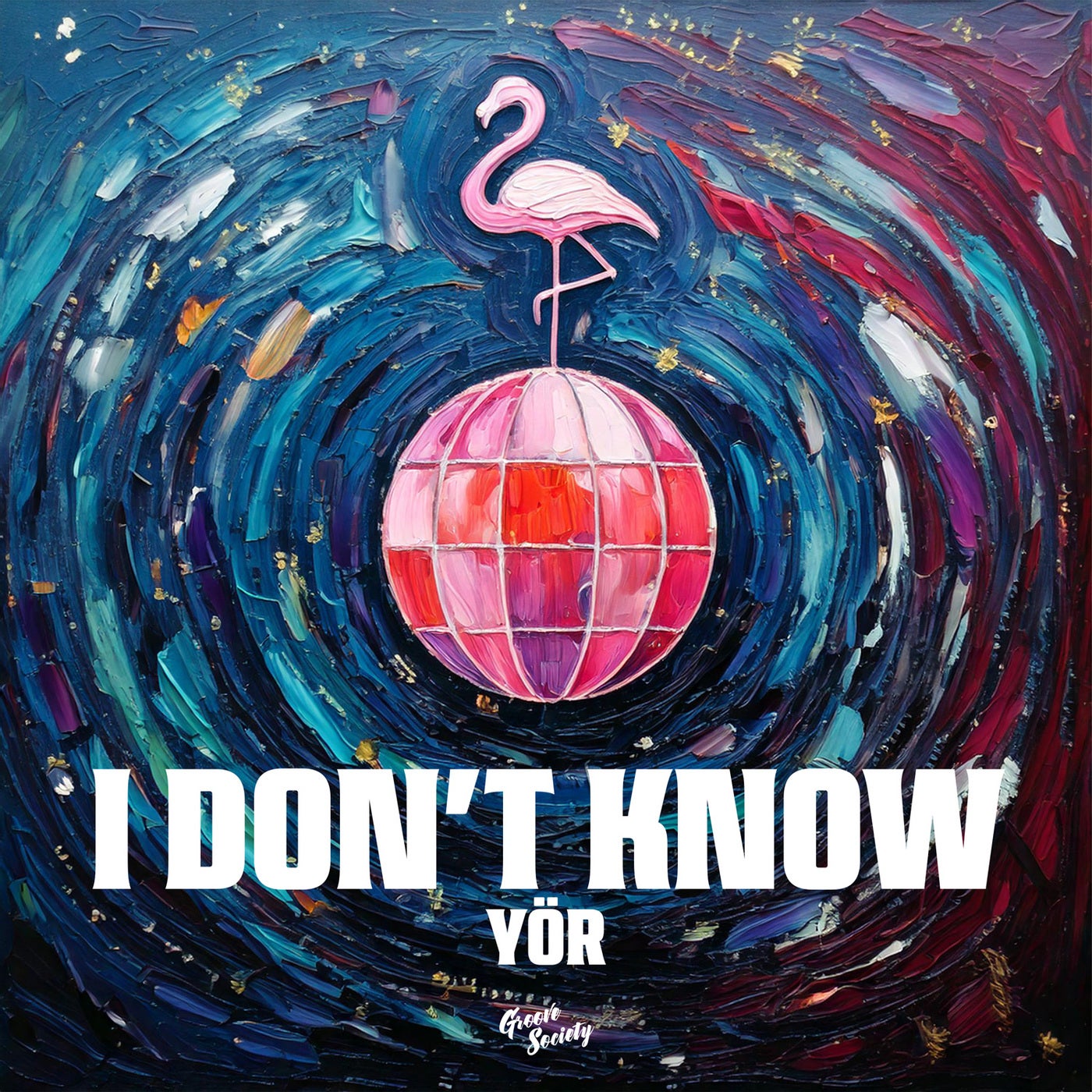
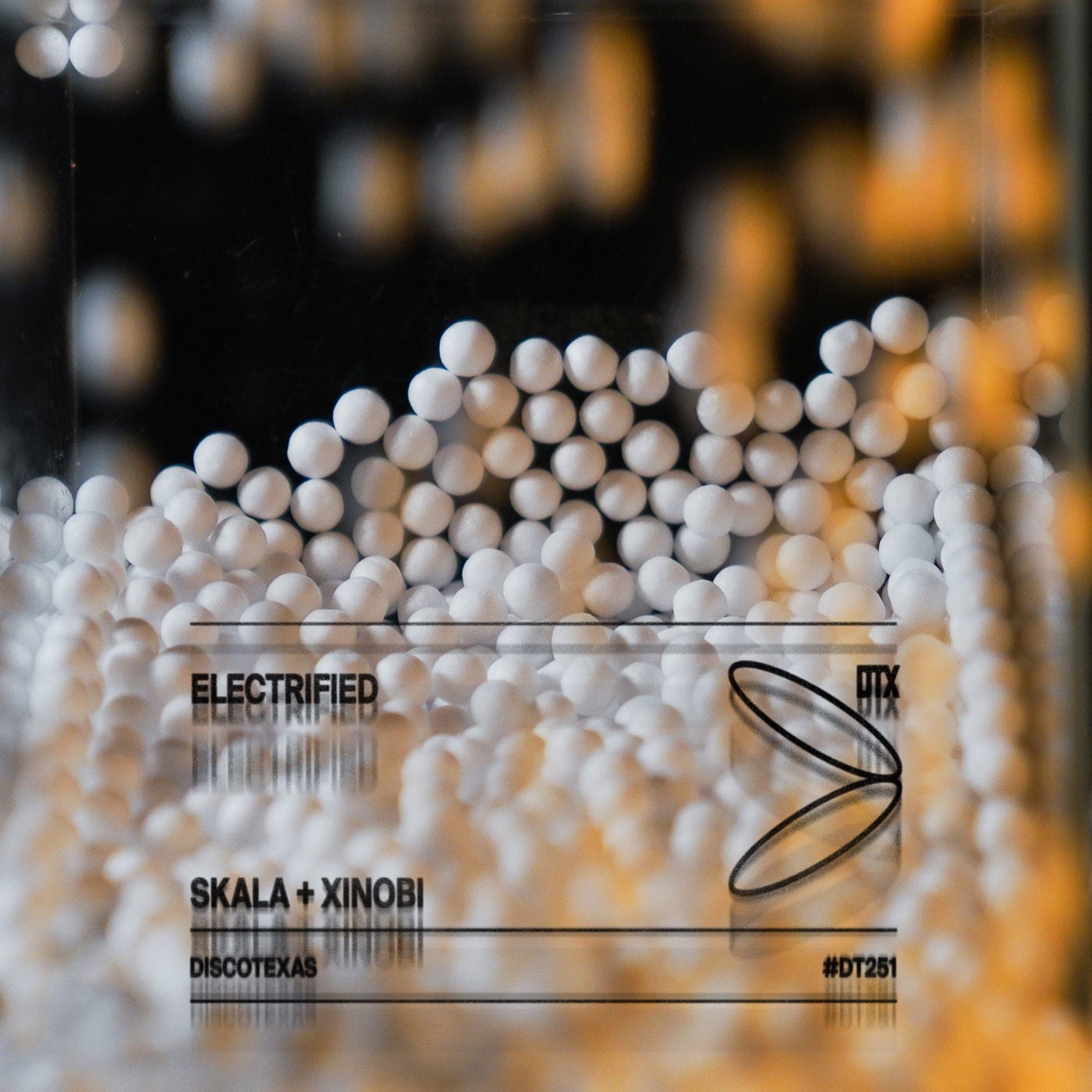
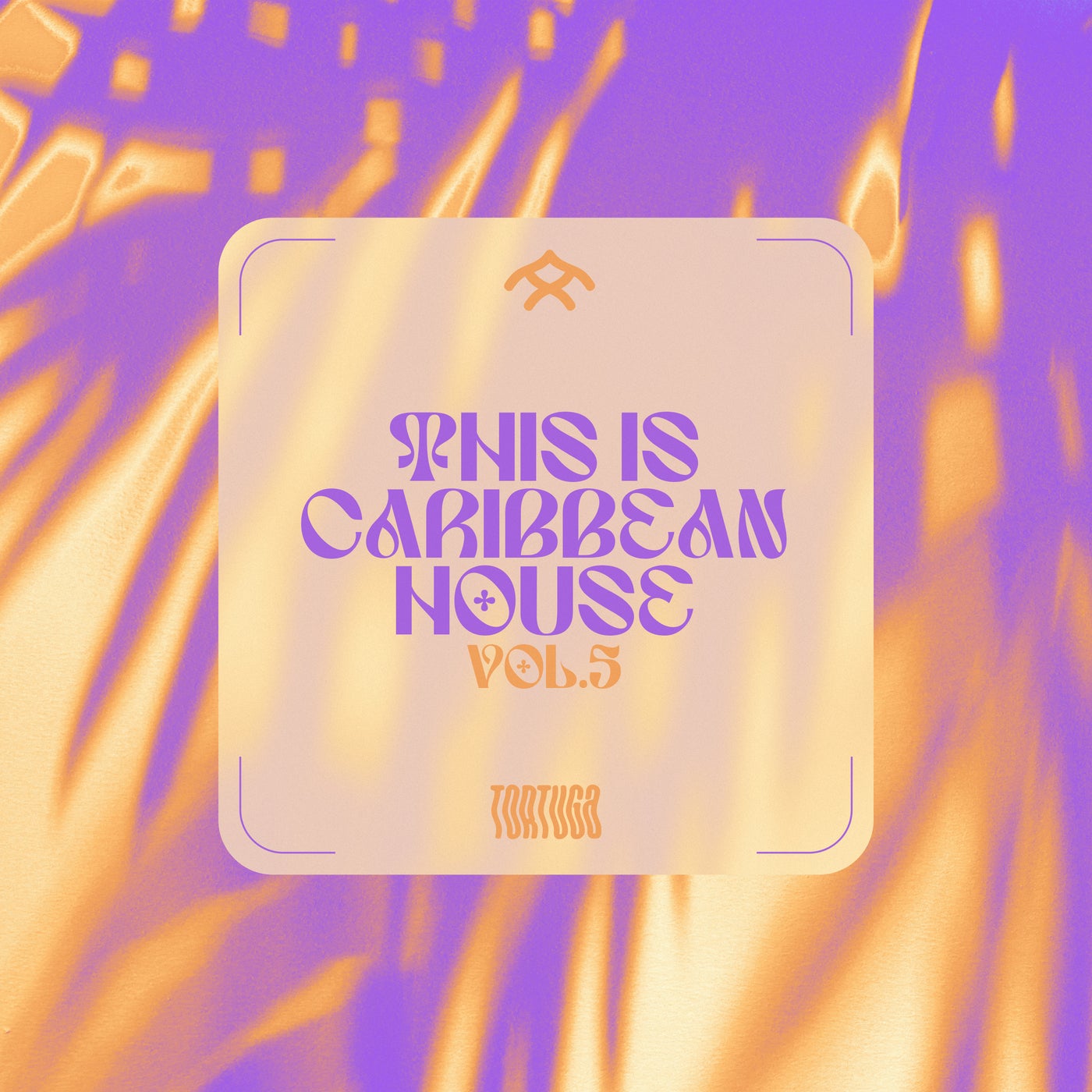

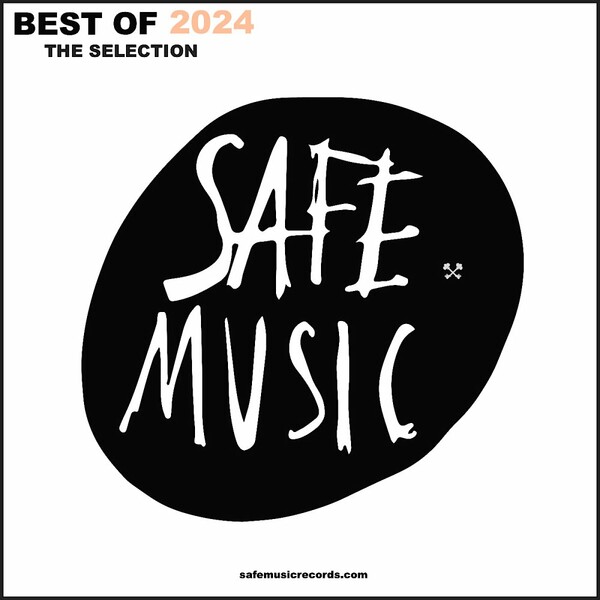
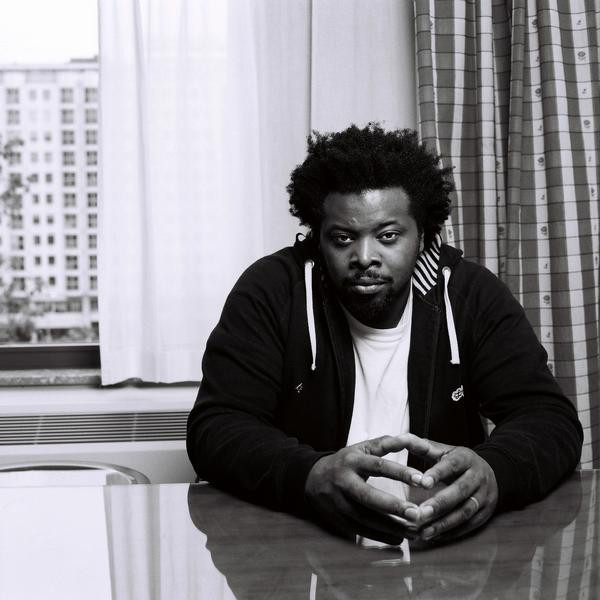



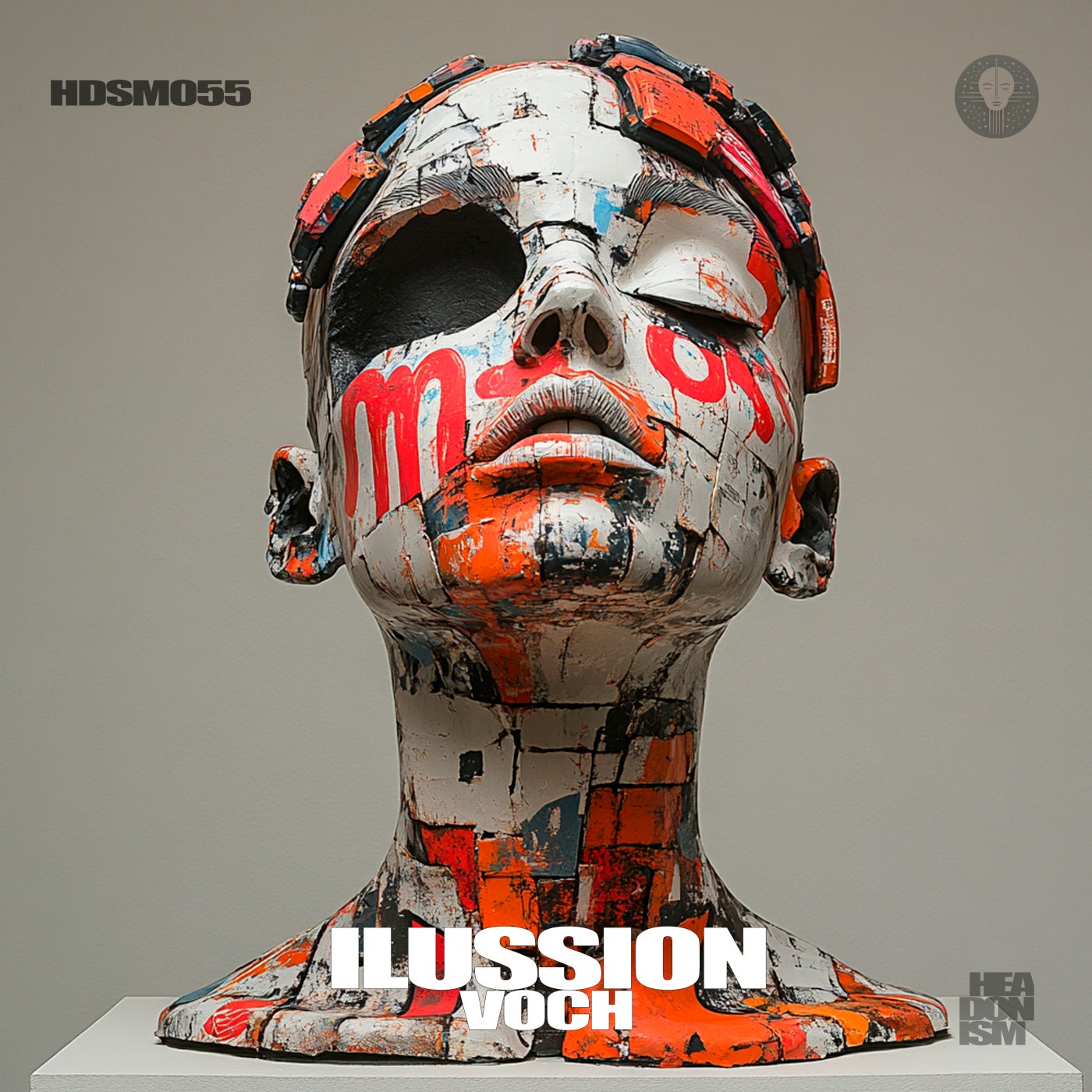
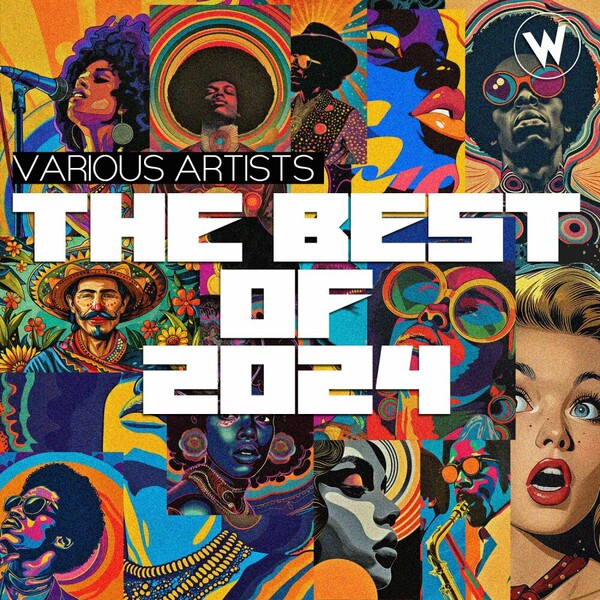




 English (US) ·
English (US) ·